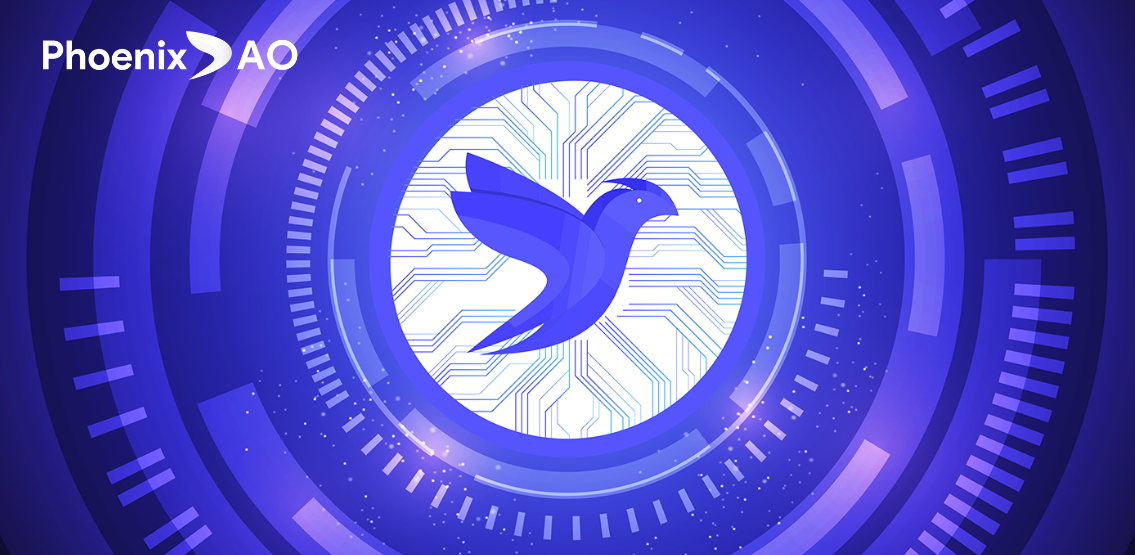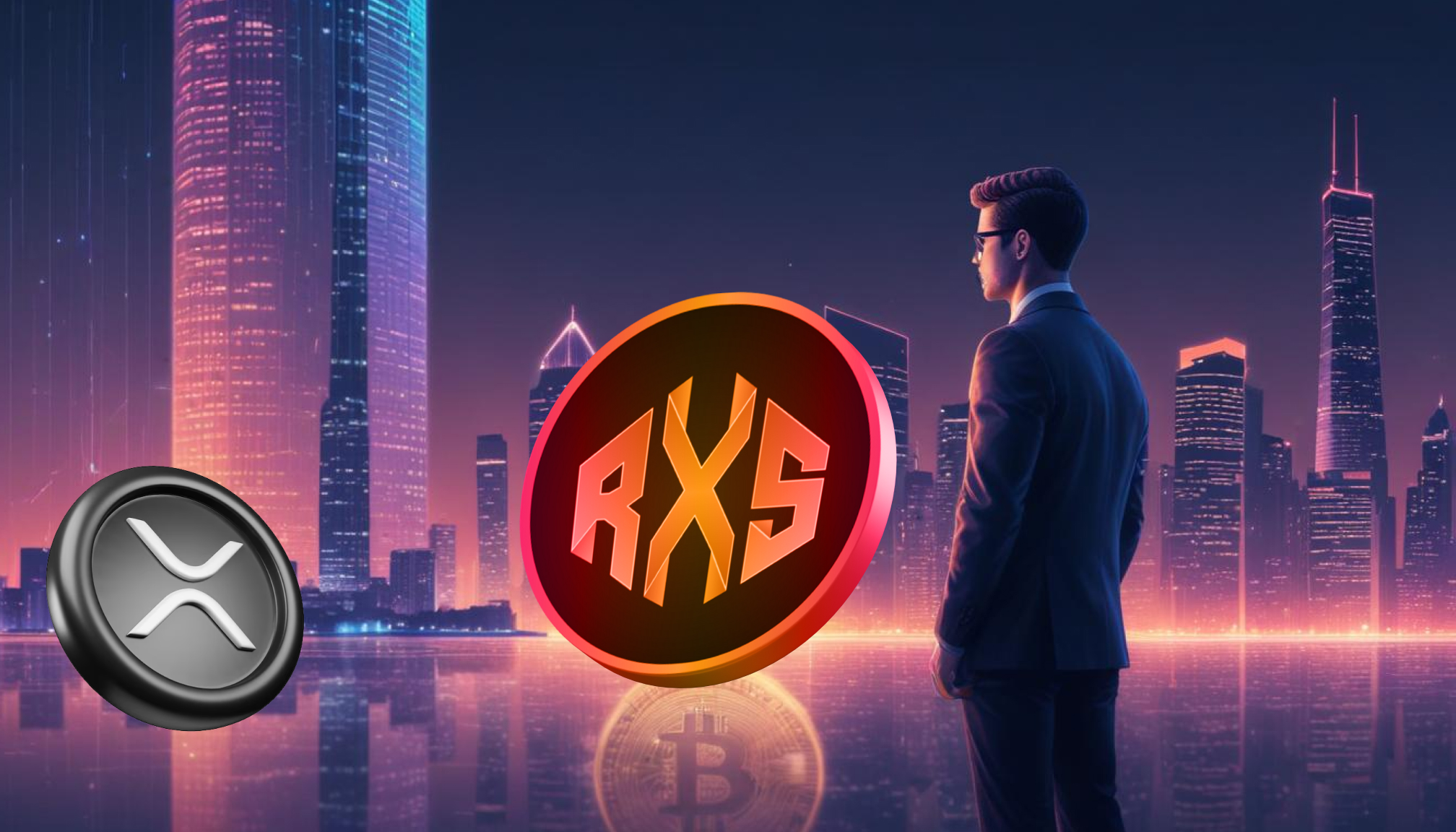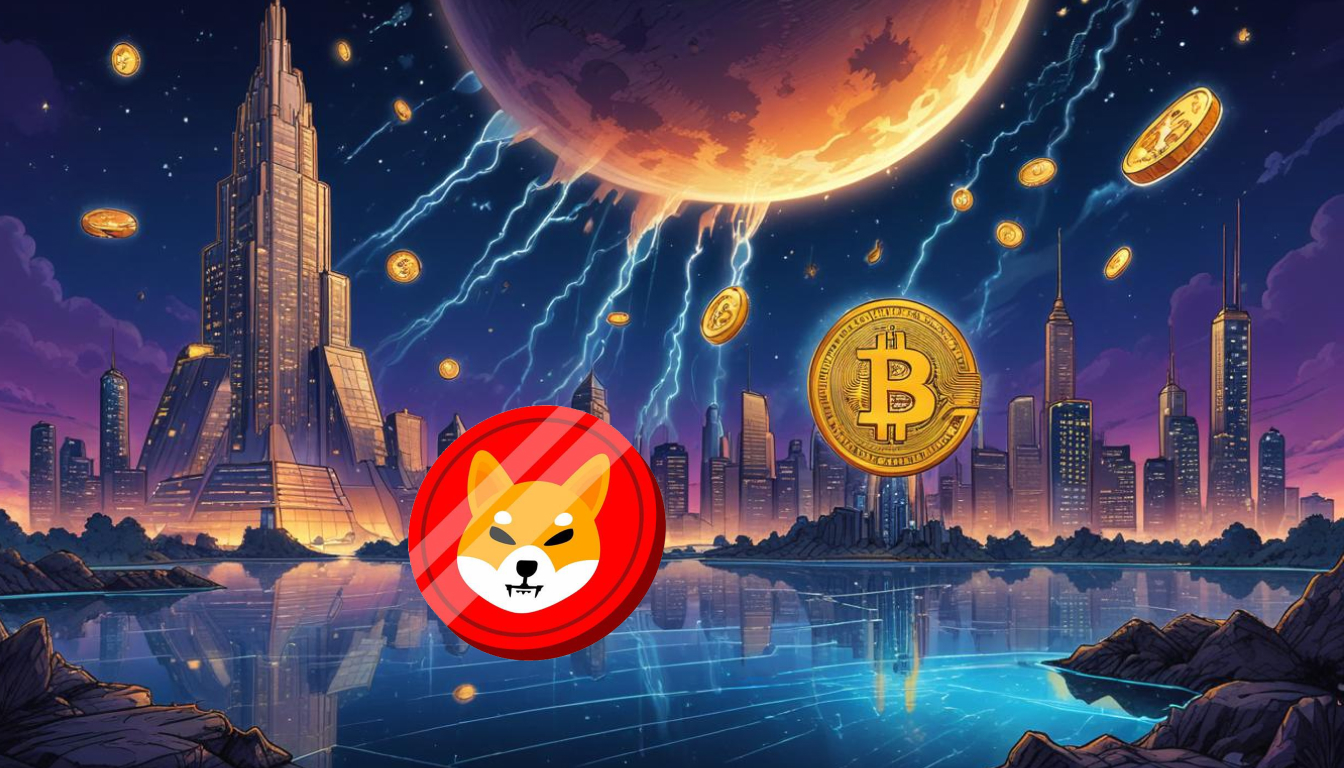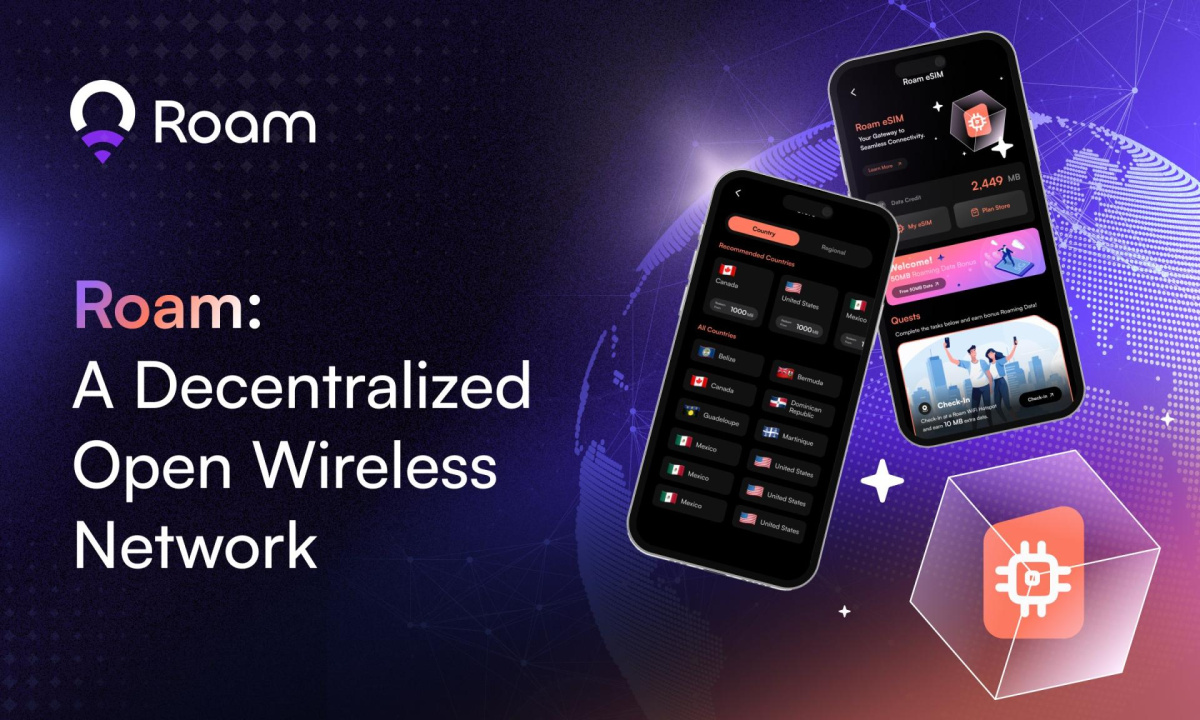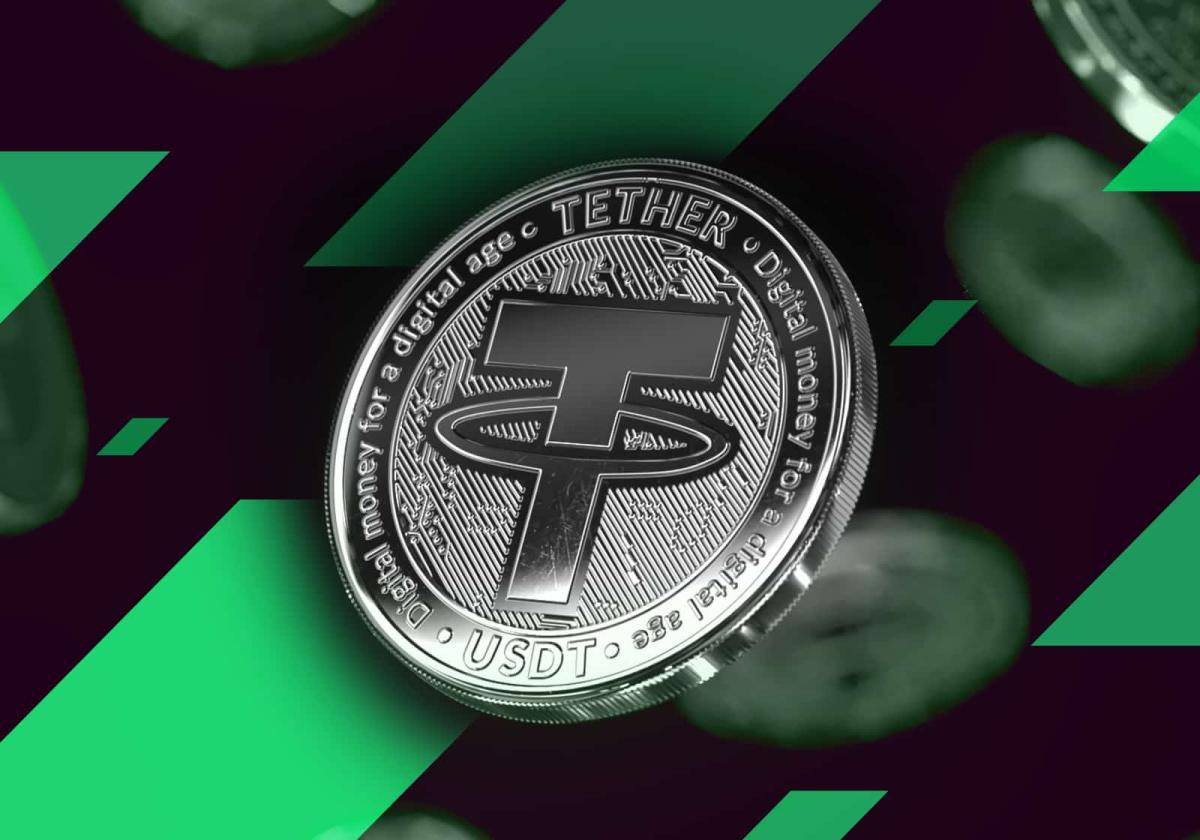One of the best use cases to come out of the blockchain and Decentralized Finance is Decentralized Applications. dApps have developed tremendously and now are more robust, secure, smooth and multi-purpose than ever. These applications are built on a blockchain network such as Ethereum Network and replace the traditional applications with better functionalities.
dApps are a great source of revenue for DAO and self-reliant platforms such as PhoenixDAO. PhoenixDAO is a decentralized, community-led, open-source project developed to become a DeFi enabled ecosystem that offers a fully-stacked dApps store with several features.
What are Decentralized Applications?
Decentralized applications are digital programs that run on a blockchain or a P2P network instead of a single device. Unlike centralized apps, dApps are not governed by a single entity. Instead, they run on a public and open-source decentralized environment free from interference and control by a single entity.
dApps have backend codes that run on decentralized peer-to-peer networks that can also have frontend codes. Some of the features of a dApp are,
- Decentralized: dApps are independent and are not owned by any company or entity, unlike centralized apps.
- Deterministic: These applications operate in the same fashion they are designed to regardless of the environment they are executed in.
- Turing Complete: dApps are fitted with all the necessary tools and require only certain resources to operate.
- Isolated: dApps can operate in any virtual environment and does not hamper the blockchain network’s operations.
- Smart Contracts: Autonomously complete functions based on coded parameters.
dApps are secure and safe and can integrate with several third-party resources. dApps generally use cryptocurrencies for transactions native to their ecosystem, but they can also operate for free or for fiat currencies. Some of the advantages of dApps are:
- Zero Downtime: Once the dApps are deployed on the blockchain, they can automatically cater to the clients and operate without any hindrance from external parties.
- Privacy: As dApps are built on blockchain, they ensure complete privacy in all processes.
- Transparent: dApps are transparent in their operation and are immune to censorship from any single entity.
- Data Integrity: As all the transactions and activities are stored on the blockchain, they cannot be tampered with, ensuring the data remains unaffected and secure.
- Trustless: dApps uses smart contracts to perform according to a set of rules. These smart contracts also ensure that the dApp will operate in compliance to pre-set rules.
Phoenix dApp store
PhoenixDAO is a community-owned self-governed platform that offers unique solutions for various industry vertices. The ecosystem is powered by the $PHNX token, a utility token used as the primary medium of transaction.
PhoenixDAO is set to launch a dApp store that is effectively a hub for dApps within the ecosystem. The two popular dApps that PhoenixDAO currently offers are Staking dApp and Events dApp.
Staking dApp
Staking dApp, as the name suggests, allows users to stake their PHNX tokens to earn higher yields. The dApp is powered by the robust functionalities of the dApp store and allows users to stake large amounts of tokens simultaneously to earn handsome rewards.
Events dApp
Events dApp is a disruptive event management and ticketing dApp that allows users to create and manage events.
Both the dApps and any future dApp is powered by the secure and next-gen features of the dApp store that includes,
- The PHNX token
- Simple and easy onboarding process
- Safe user wallets and transactions
- Architecture Stability
- Advance code platform
- Open source code
- Developer tools
Phoenix dApp store is an excellent example of how dApp stores can optimize industries by integrating it with blockchain technology. For more information about the dApp store and PhoenixDAO ecosystem, visit https://phoenixdao.io/.
Disclaimer: This article is provided for informational purposes only. It is not offered or intended to be used as legal, tax, investment, financial, or other advice.
Credit: Source link

